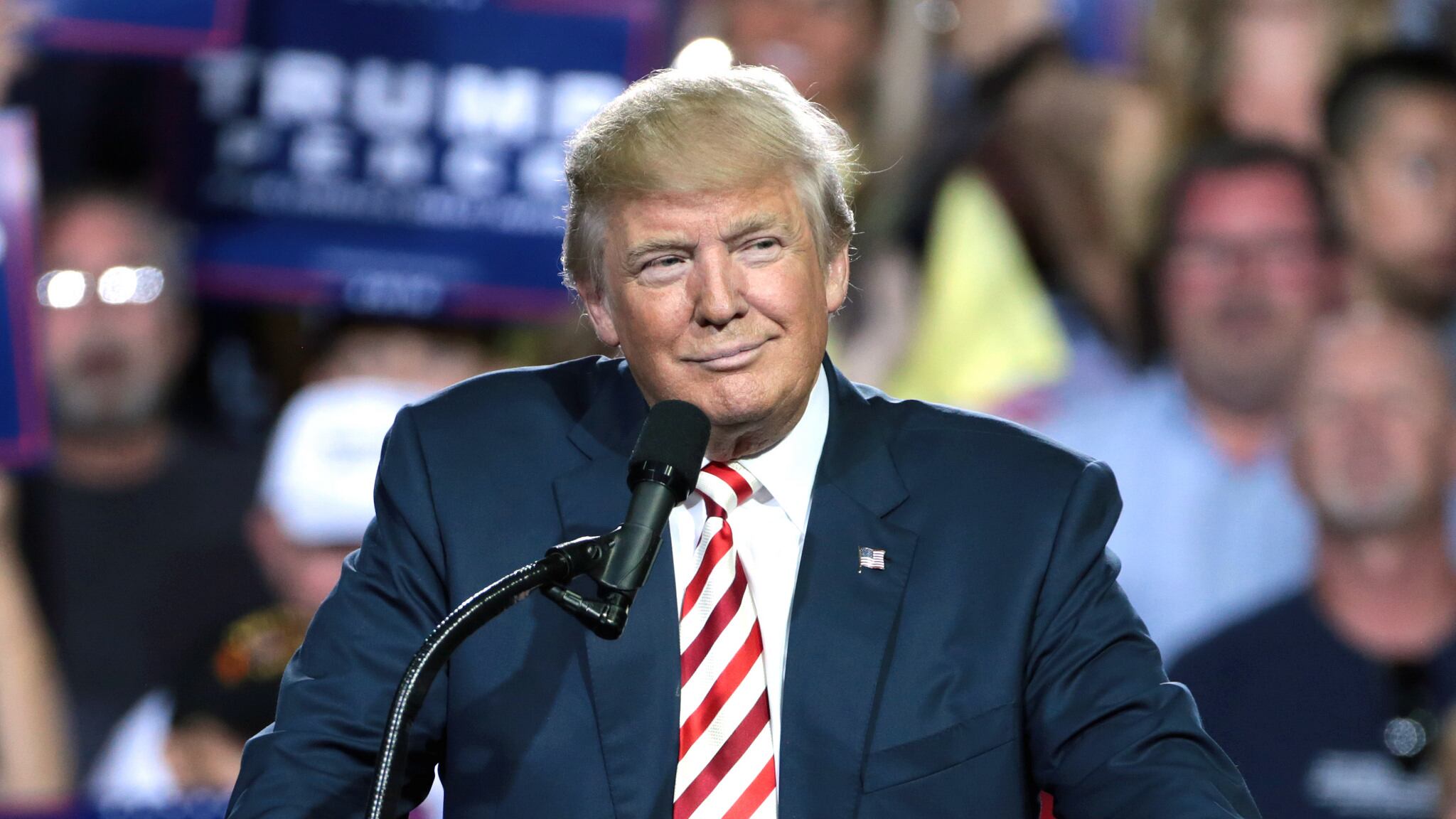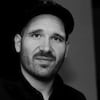I was on my second drink at the Dupont Circle Hotel bar when a tan, fit woman in her 40s sidled up to me.
"Listen," she said. "You've gotta stop retweeting Louise Mensch."
Warning? Threat? Friendly advice? If there's any lesson from Luke Harding's new book Collusion (Vintage, 368 pages, $16.95), it's that even the smallest fish is wise to keep its guard up on anything vaguely involving Russian intelligence. After all, we were at the same hotel where ardent Putin critic Mikhail Lesin's body was found. Lesin was so drunk that he just kept falling and smashing his head and body into hard surfaces, or so the official story went. I wasn't that drunk…or was I?
Harding is a foreign correspondent for British newspaper the Guardian, with the distinction of being the first Western journalist since the Cold War to be expelled from Russia. He's spent the last decade documenting how Putin operates his autocratic kleptocracy by compromising and exploiting people in order to manipulate world events.
Collusion, whose lengthy subtitle is Secret Meetings, Dirty Money, and How Russia Helped Donald Trump Win, is in many ways a rehashing of Harding's 2011 book Mafia State, which detailed his expulsion from Russia. But now Harding has tightened his focus on Donald J. Trump, who as of press time is still the president of the United States despite a vast trove of evidence suggesting he shouldn't be.
Harding draws from a wealth of sources, including extensive interviews with Paul Manafort from 2007, when Trump's campaign manager was still working shoulder-to-shoulder with Bernie Sanders' chief strategist to elect a Putin puppet named Viktor Yanukovych in the Ukraine. And for this book, Harding landed interviews with Christopher Steele, the author of the salacious dossier that brought the "possible" existence of the pee tape into the public conscious.
The story as Harding tells it is familiar to those who've followed #TrumpRussia, told through zigzagging scenes and profiles. The gist is that while stealing emails is broadly considered "honorable international espionage," weaponizing that information to influence the 2016 presidential election was, somehow, surprising to veteran spies.
The effectiveness of the tactic was shocking even to Putin, who apparently hadn't thought through the unintended consequences of success. It also caught President Obama off his game. Obama's name appears only a few times in Collusion, but his flat-footed reaction to a serious and obvious existential threat to American democracy looms as an impending reckoning.
For those of us who've followed the Twitter escapades of Mensch, the former British MP and chick-lit author turned intel blogger, and the rest of her Scooby Gang, the first 100 pages of Collusion do lag. I know from chatting about the book that much of it is not part of the broader understanding—but diehards be warned that you already knew about Five Eyes getting a FISA warrant to surveil Carter Page.
Things warm up in the middle, where Harding digs deeper into Manafort, whom he watched in action in Ukraine, and reports on General "Misha" Flynn, the now-disgraced former national security adviser former colleagues seemed very happy to dish about. Also interesting are Trump's earliest dealings with Russians before the fall of the U.S.S.R., and his short-lived and largely forgotten first bid for president. Back in 1987, he used the same pitches that eventually "won" the election, but with Japan as America's freeloading enemy.
As might be expected from a book in which more information is likely to drop from investigations a journalist can't duplicate without a subpoena, the end of the book frays into a series of disconnected threads about banking and the Russian mafia's longstanding ties to Trump. These disparate strands may or may not end up fusing together. Stay tuned to @LouiseMensch for details.

